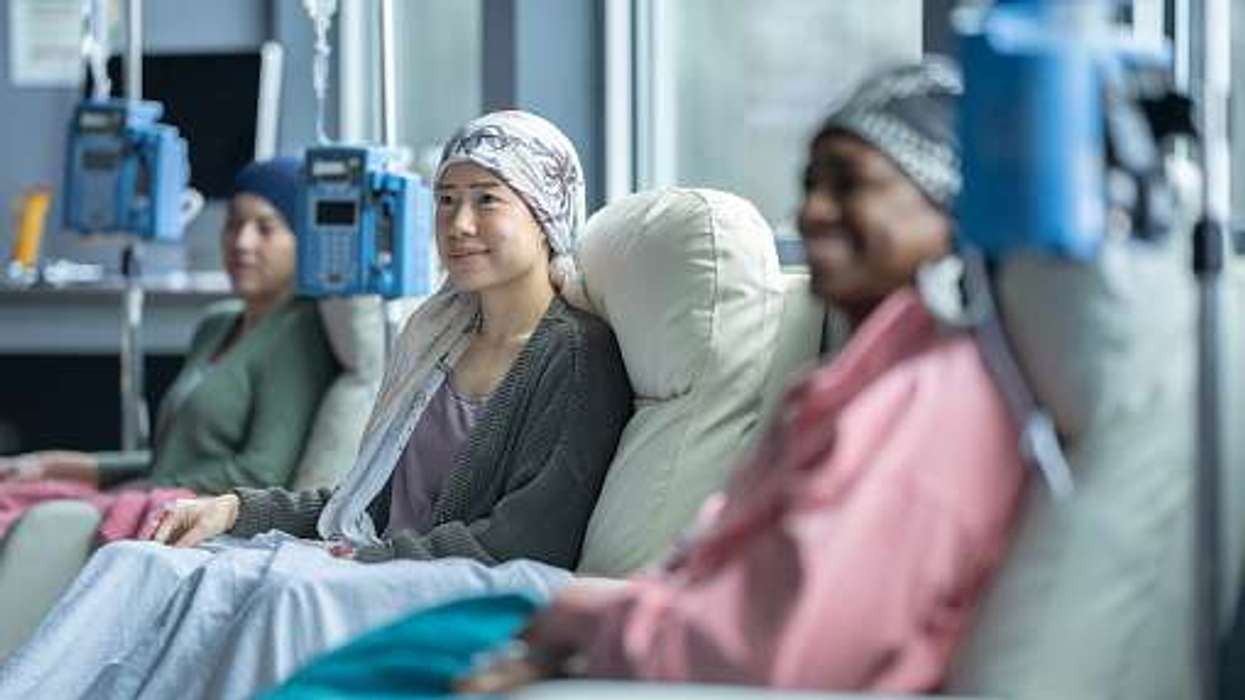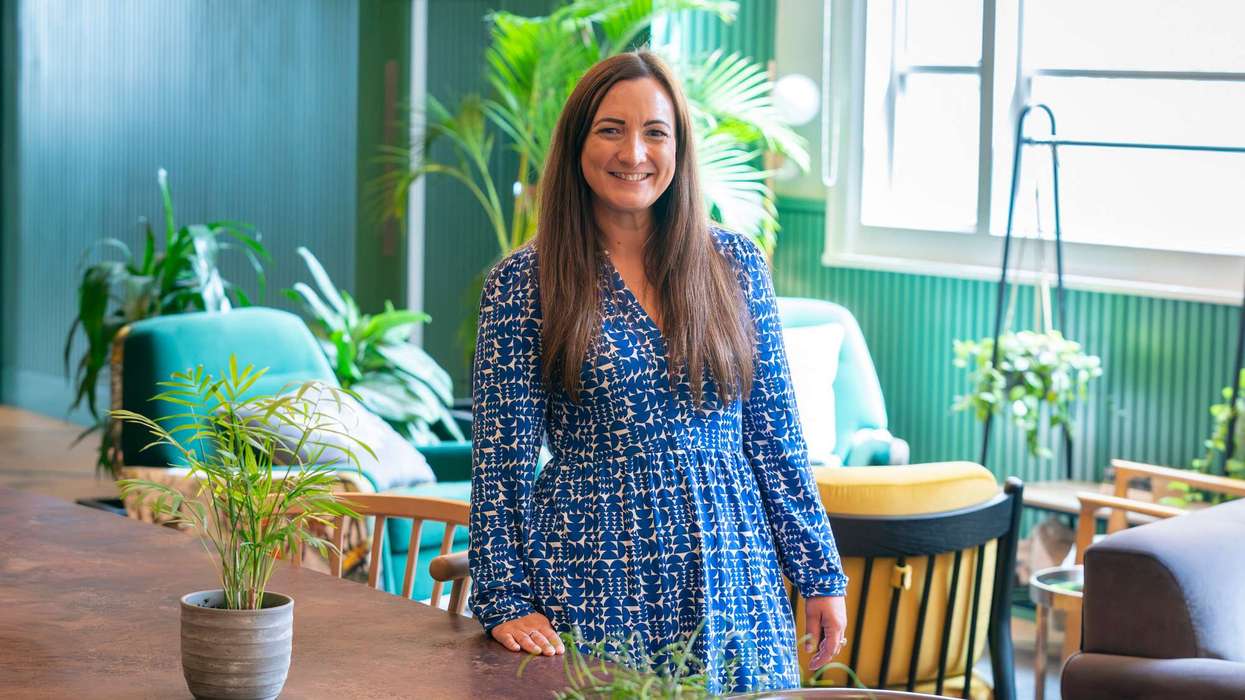Experts warn that England is facing a “tipping point in the near future” where the majority of appointments in general practices are no longer delivered by GPs.
A new study published in BMJ Open journal has revealed a significant decline in the number of general practices in England over the past decade, alongside shifts in workforce dynamics and organisational structures.
Conducted by researchers from University College London (UCL) and the London School of Hygiene and Tropical Medicine (LSHTM), the study analysed data from NHS England, the Office for Health Improvement and Disparities, and the Care Quality Commission (CQC).
They found that, between April 2013 and April 2023, the total number of general practices fell by 20 per cent, dropping from 8,044 to 6,419—an average loss of 178 practices per year.
The decline coincided with an 11 per cent increase in the total population registered with a GP practice, which saw average practice list sizes swell by 40 per cent from 6,967 to 9,724 patients.
Additionally, the number of unique practice postcodes decreased from 7163 to 5849, representing the loss of 18 per cent practice locations over this period.
The general practice workforce data paints a mixed picture. While the total headcount of qualified GPs rose from 34,474 in September 2015 to 36,492 in September 2022, the number of full-time equivalent (FTE) GPs fell from 27,948 to 27,321.
This represents a 15 per cent decline in the average number of FTE GPs per 1,000 patients, from 0.53 to 0.45, with GP partners seeing the steepest drop of 26 per cent.
In contrast, the average number of salaried GPs increased by 25 per cent from 0.12 to 0.15 FTEs/1000 over this period.
The study noted that the general practice workforce is “predominantly female” and female GPs were more likely to report working “fewer FTE hours than male GPs.
Between 2015 and 2022, the ratio of female to male GPs also shifted from 52:48 to 57:43.
However, the loss of qualified FTE GPs was steeper among male GPs, with a 23 per cent drop, compared to a four per cent decrease among female GPs.
Between 2015 and 2022, the proportion of qualified GPs who had qualified in the UK remained around 73 per cent, while around a quarter of GPs were qualified overseas.
Furthermore, the study highlighted that the organisational structure and workforce of general practice in England have shifted towards larger practices with more multidisciplinary teams.
Between 2018 and 2023, the number of practice sites owned by individual GPs fell from 975 to 724, reducing their share of practices from 13 per cent to 11 per cent.
There was little change in the proportion owned by partnerships, incorporated companies or NHS bodies, which respectively averaged around 80.3%, 6.9% and 0.7%.
“The move towards larger-scale organisations has been encouraged by government policy and professional bodies to improve quality and generate economies of scale through shared back-office functions, joint service delivery and standardised processes,” the researchers said.
However, the evidence on whether larger organisations provide higher-quality primary care or are more cost-effective remains inconclusive.
The experts noted that the diversification of the general practice workforce has also been driven by “national policy” and proposed as a “solution to GP shortages.”
The study estimated that since Primary Care Networks (PCNs) were established in 2019, at least 0.21 additional Direct Patient Care (DPC) and 0.02 administrative FTE roles per 1,000 patients had been contracted through PCNs by September 2022.
PCNs contributed to an increase in the combined general practice and PCN workforce to 2.37 FTEs per 1,000 patients in 2022, a 20 per cent rise from 1.97 in 2015.
The study called for careful monitoring of the impact of these changes on access to care, quality of services, and costs.
“Falling GP numbers delivering the same number of appointments/1000 seems unsustainable,” the experts said, suggesting that England is facing a “tipping point in the near future" where the majority of appointments in general practice are no longer delivered by GPs.
“Maintaining relational continuity of care will be harder to achieve if there is a shortage of GP appointments and if patients need to see different clinicians for different problems, this will likely have implications for quality of care,” they added.
They also emphasised the need to prioritise the retention of the existing GP workforce while preparing GPs for a different model of practice.













